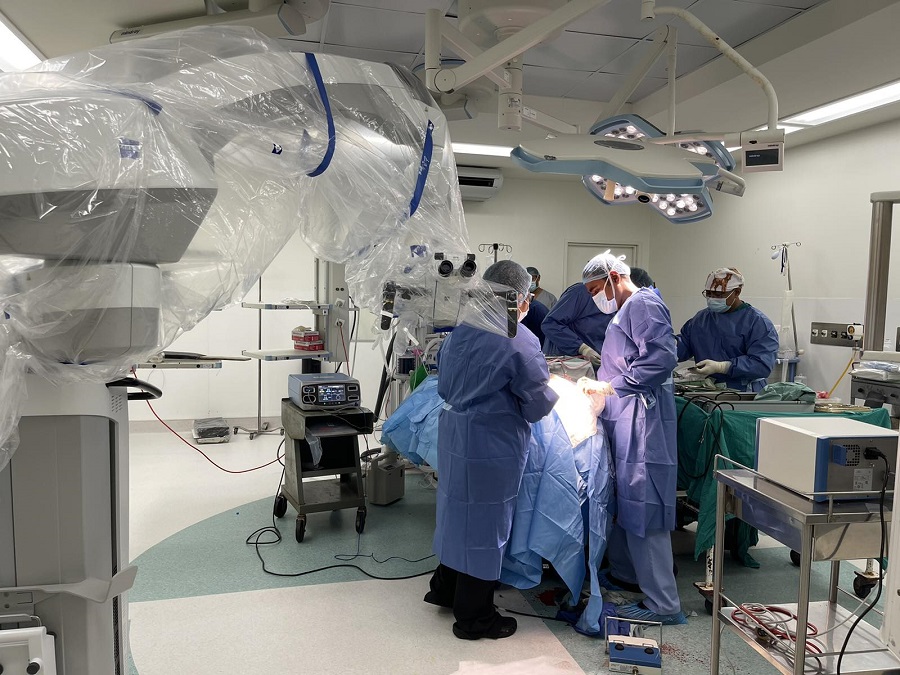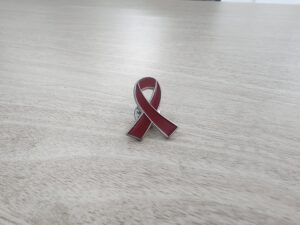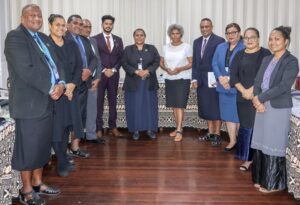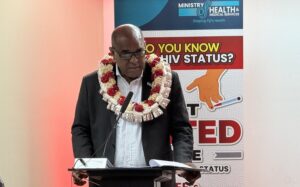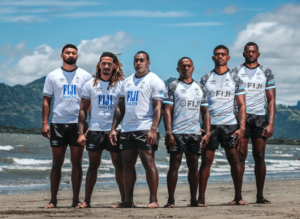Local surgeons are now able to treat deep-seated intraventricular tumors in the brain, right here in Fiji, saving close to a million in overseas referrals.
Via the availability of the state-of-the-art ZEISS TIVATO 700 Neuro Surgical Microscope, valued at close to $700,000, at the Colonial War Memorial Hospital in Suva, it expands the range of clinical applications for spine surgeons giving the field of spine surgery access to cutting-edge technologies.
Neurosurgeon Dr Alan Biribo said costs for referrals of brain surgical cases depended on the localities for referrals, adding that costs of referrals to India for instance ranged from FJD$31,000 to FJD$41,000 while those in Australia and New Zealand cost around FJD$201,000 depending on the center where patients were sent to.
“The above costing covers a broad range of surgical conditions and their treatment and we will know the actual values once we begin to operate and treat the cases and ascertain the comparable costs of the surgical care we have provided through the use of this high-end operating equipment,” Dr Biribo said.
“Since starting neurosurgical service in Fiji more than 7 years ago, we have spent close to FJD$1million in overseas referrals for neurosurgical patients as we did not have this cutting edge microscope. We will now be able to make these savings with our acquiring this specialized equipment and with the support systems and processes we have built over the years.
“One of the features of the Tivato 700 which sets it apart from the earlier models of the machine is that it is more maneuverable making the surgical procedure a lot easier to carry out and very efficient in addressing the surgical pathology.
“It has great teaching aids such as a large attached TV monitor, various outputs for further viewing ports and also Wi-Fi access teaching stations outside the theater meaning that we can operate at the theatre and beam images of the operation to a room 50 meters away.”
Dr Biribo says the microscope also has a feature that allows surgeons to diagnose tumors which is not possible with untrained eyes.
“So it’s got all these features to improve patient care, safety of the surgery and obviously improve outcomes for these neuro-surgical cases.
“In general, the microscope helps access the very deep and inaccessible structures of the brain, which increases the scope of neurosurgical work that we can do and thereby increases the number of patients we can successfully treat in Fiji without the need for overseas medical referrals.
“I think it’s a big plus for patients because we can treat more of them with this equipment here locally who would otherwise have to be referred abroad for services.
“It benefits the doctor and the surgeon because ease of operation means we can do more and it helps the Government because we save costs. We do not have to send them offshore as we can have these treatments here.”

